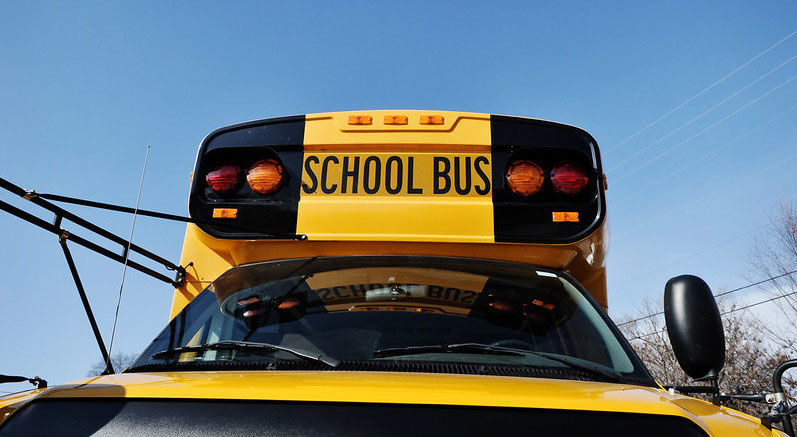
As the COVID-19 pandemic continues to disrupt life across the country, school leaders across Tennessee have been working overtime to ensure that student needs are met. SCORE recently connected with a pair of principals in the Tennessee Rural Principals Network (TRPN), a collaborative coordinated and facilitated by the University of Tennessee’s Center for Educational Leadership and supported by SCORE, to find out how they’re doing.
“It has been amazing to see these remarkable rural leaders help and support each other around this incredibly important work for children,” said Dr. Jim McIntyre, director of the Center for Educational Leadership.
We thought the resilience of these school leaders might inspire or edify others during these difficult times. Here’s what we learned from them:
First things first
When school doors closed, assessing and addressing the general well-being of students was the most pressing issue, said Christie Amburn, principal at Fort Loudoun Middle School in East Tennessee. “We want students to be engaged in academic activities, but before we can even get to that point, we need to ensure their basic needs are being met,” she said.
To that end, teachers at Fort Loudoun finished out the school year delivering food, work packets, and school supplies to families. Staff volunteers looked for students on local bus routes on food distribution days, and the assistant principal tracked down hard-to-reach students. Many of Amburn’s students were economically disadvantaged before the pandemic; some of their parents are now out of work, and many in that group speak limited English. To fully address students’ basic needs, teachers connected with families to direct them to support services to help with job loss, internet connectivity, and other issues.
For Melissa Palk, principal at Northeast Elementary School in Putnam County, immediate needs included not only addressing the health crisis but a recent natural disaster: the March tornado that hit Putnam County. Her staff focused on making sure that families had food, supplies, and shelter, in addition to addressing their academic needs.
Connecting with students
Amburn’s staff struggled to communicate with about 5 percent of their student body. “Sometimes this is a language barrier, sometimes it’s simply lack of access — cell phones have been shut off, mail is returned, addresses have changed,” she said. Normally her staff would follow up with a home visit, but in the age of coronavirus, that wasn’t a safe option. “Our most immediate need was getting connected with our hardest-to-reach families and supporting families in unstable environments.”
Value of a strong support system
Palk noted that having a support network through TRPN was invaluable. “The network has given me another support system of people going through the same thing that I am. It has also given me ideas of what others are doing to meet the needs of their community,” Palk said. Amburn felt that being able to discuss struggles and successes and hear the struggles and successes of others was a tremendous asset. “On a more individual level, the coaching sessions centered around a problem of practice have helped keep me focused on the big picture. It’s easy to get bogged down with day-to-day issues and lose that focus,” Amburn said.
Looking beyond the pandemic
Beyond physical needs and academic support, teachers and school leaders are looking past the current crisis to the impact it will have on student learning. “I am worried about when we do return to school how will we close the instructional gaps as we start a new year,” said Palk. Amburn shares those concerns, noting the inevitable academic regression and gaps in learning. “We have lost several weeks of instruction with students, many of whom were already struggling to make adequate progress,” said Amburn. “Strong teachers always meet students where they are, but this will place an even heavier burden on next year’s teachers. I want to ensure we have a plan in place to support both students and teachers as we begin the new school year.”
While the health crisis has been challenging for educators, parents, and students alike, Palk and Amburn were both impressed by the resilience of their fellow educators. “Teachers are a valuable resource,” said Palk. “They adapt quickly, they don’t complain about the challenges. They just do the work needed, because teaching is a calling and they love their students! Is it stressful? Yes, at times. But, ultimately, we are focused on supporting one another and being that light in a dark time.”
Diane Hughes is communications manager at SCORE.
